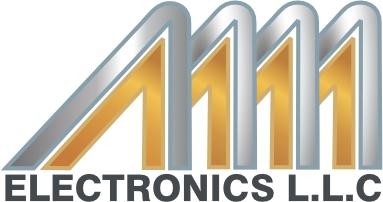Flaw Detector
Brands
In the world of measuring instruments, the category of “Flaw Detectors” is quite significant and is a valuable asset in fields where spotting flaws and guaranteeing structural integrity are crucial. In non-destructive testing (NDT), a technique that enables specialists to find internal and exterior flaws in materials without inflicting any harm, flaw detectors are crucial.
Flaw detectors utilize various techniques such as ultrasonic, magnetic particle, radiographic, and eddy current testing to identify inconsistencies, cracks, voids, and other flaws that could compromise the quality and safety of materials or components. These tools are widely employed across industries like manufacturing, construction, aerospace, automotive, and more, where precision and reliability are essential.
The use of flaw detectors ensures that materials are in accordance with both quality standards and legal requirements. Professionals can avert catastrophic failures, reduce costs, and maintain operational efficiency by spotting defects early in the production or maintenance process.
As a well-known distributor, MMElectronic is pleased to meet all of your requirements for Flaw Detectors by providing the greatest international brands at cost-effective pricing.To buy or get information about the Flaw Detectors price contact our experts.

